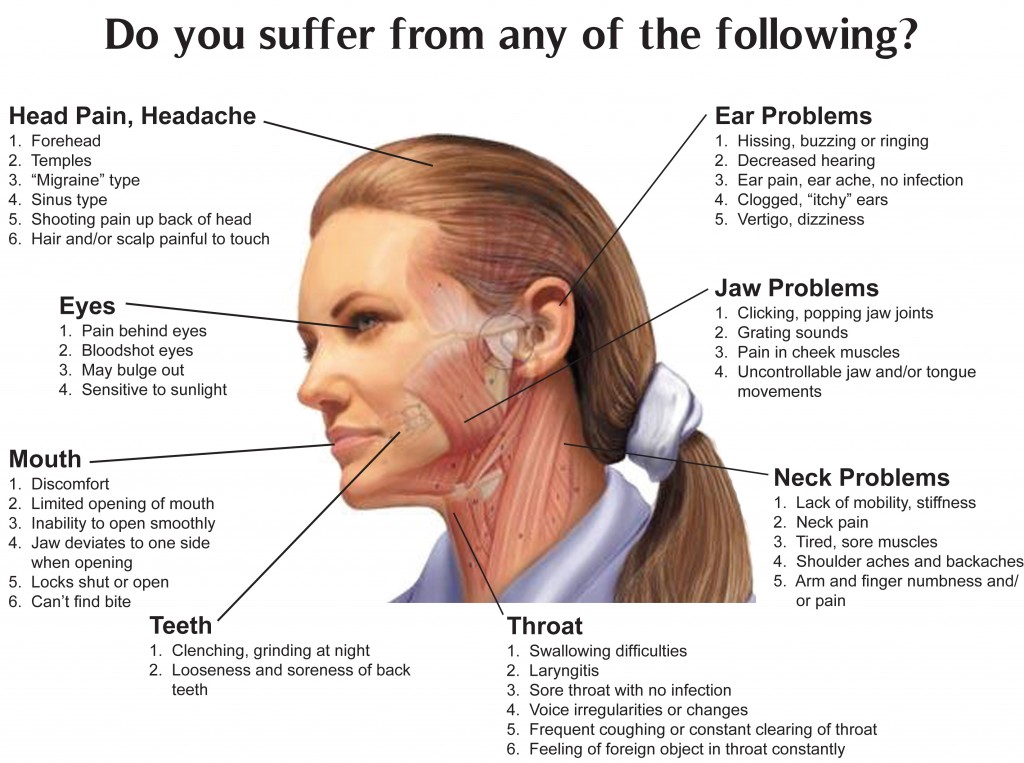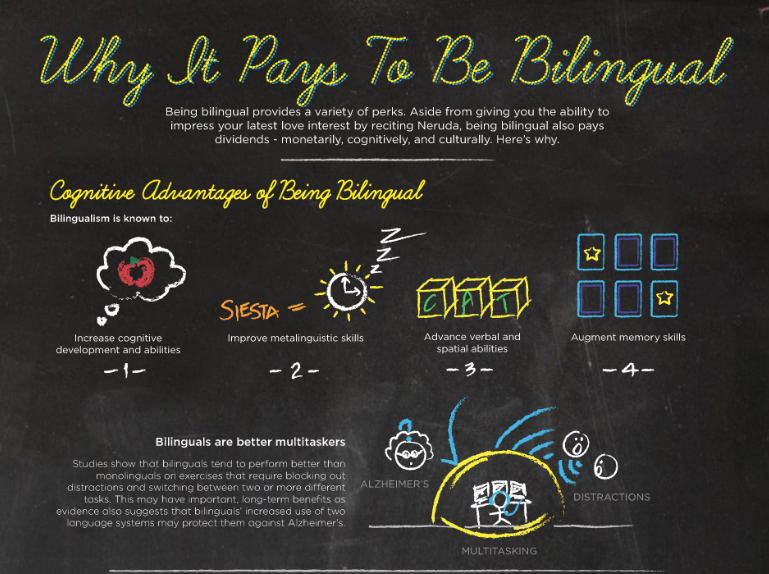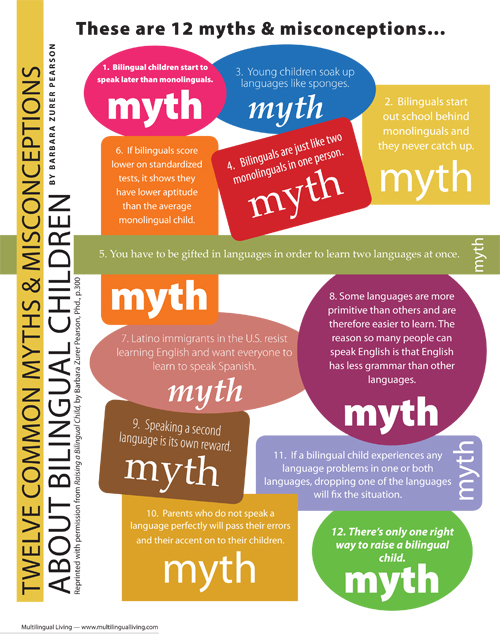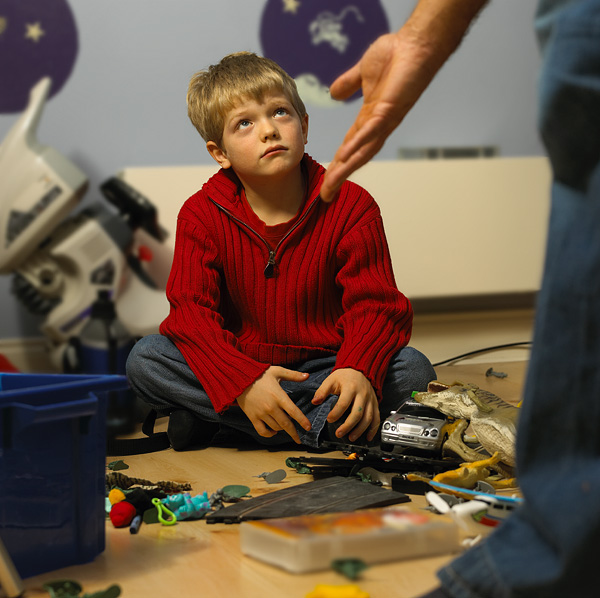Speech therapists are like Jacks of all trades. They can help children with autism learn to make conversation, children with lisps learn to speak clearly, and yes, they even have speech therapy techniques for TMJ treatment (temporomandibular joint disorder is actually TMD, but it’s more commonly referred to as TMJ).
TMJ is a condition that involves the muscles, nerves, and joints of the jaw. For the uninitiated, TMJ goes beyond simple jaw pain. When I first developed TMJ, I went to the urgent care clinic, convinced that I had tetanus because I couldn’t open my jaw wide enough to speak or eat. I had to use an augmentative and alternative communication (AAC) device to communicate with the intake nurse (in this case, a piece of paper and pen). Aside from the inconvenience, it was pretty darn painful. If your child is diagnosed with TMJ, don’t take the “wait and see” approach, because it tends to get progressively worse. A doctor can prescribe pain medication and muscle relaxers for TMJ treatment, and she may also recommend that you take your child to a speech-language pathologist (SLP).





